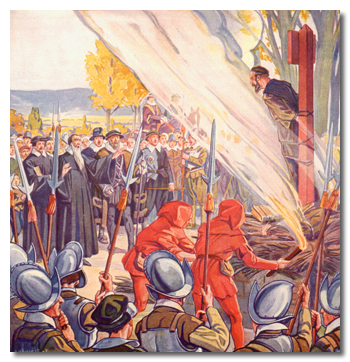 One of the primary problems with doctrinal statements is what they do to the gospel. Usually, we believe that creeds and confessions protect the gospel, defending it against heresy, keeping at bay those who teach a false gospel, and leading people toward central truths of gospel, such as God’s holiness, our sinfulness, and the person and work of Jesus Christ.
One of the primary problems with doctrinal statements is what they do to the gospel. Usually, we believe that creeds and confessions protect the gospel, defending it against heresy, keeping at bay those who teach a false gospel, and leading people toward central truths of gospel, such as God’s holiness, our sinfulness, and the person and work of Jesus Christ.
What is the Gospel?
If the gospel was nothing more than a set of propositions to believe, or a series of doctrines to defend, then I would agree that creeds and confessions do a good job protecting gospel. The problem is that while the gospel does contain doctrine, the gospel is not primarily about doctrine. The gospel is not simply about what we must believe. The gospel is way more than a set of Christian ideas.
When understood from Scripture, the gospel is closer to a way of life than a set of ideas. Yes, it contains ideas, but the real good news in the gospel is that the ideas of the gospel will lead to a whole new way of living and thinking and acting. The gospel contains a new worldview which changes how we think about others and how we view life. The gospel not only contains ideas to believe, but also items to do.








 In years past,
In years past, 
 How do we explain this horrendous behavior of past Christians? The most popular way is to say that Christians of the past were influenced by their culture, and so were not at fault.
How do we explain this horrendous behavior of past Christians? The most popular way is to say that Christians of the past were influenced by their culture, and so were not at fault.